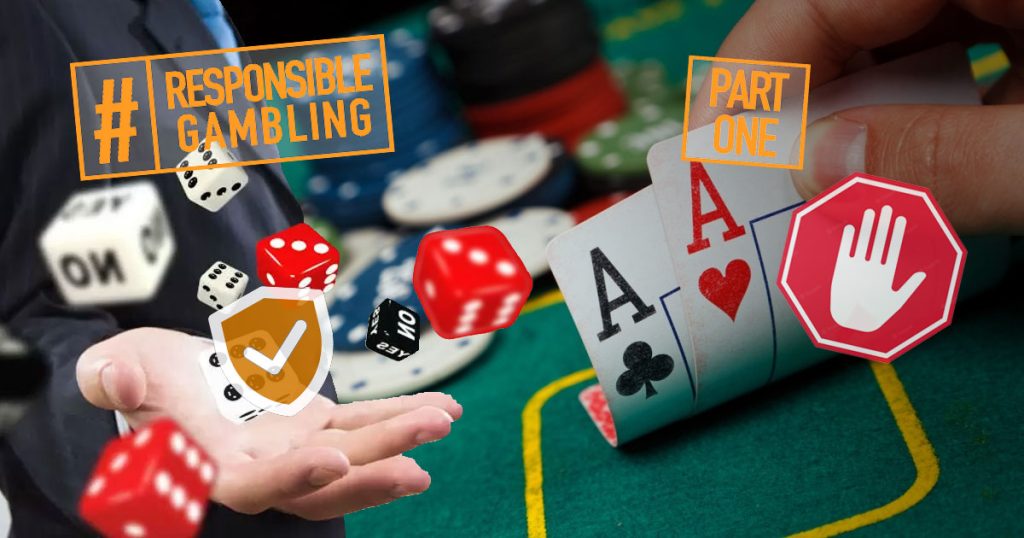
As online gambling continues to grow in popularity, it is crucial for players to approach it responsibly to ensure that it remains a form of entertainment rather than a harmful habit. One of the key principles of responsible gambling is setting clear personal limits before engaging in any form of betting, whether it’s online casinos, sports betting, or poker. Setting financial and time limits helps players avoid excessive gambling and reduces the risk of developing unhealthy behaviors. Financial limits can include deciding on a fixed budget for how much money you’re willing to risk in a given period, while time limits can help ensure that gambling does not take up excessive amounts of time or interfere with personal responsibilities. Many online gambling platforms offer tools like self-exclusion, deposit limits, and session time reminders, allowing users to take control of their gambling experience and mitigate risks. Learn more about setting gambling limits.
Managing risks in gambling also involves recognizing the signs of problem gambling early on. If gambling starts to feel like a necessity or begins to interfere with daily life, relationships, or financial stability, it may be time to reassess one’s approach. Emotional triggers, such as chasing losses, experiencing feelings of anxiety or guilt after gambling, or trying to “win back” lost money, can be signs of unhealthy gambling habits. Responsible gamblers should be aware of these behaviors and seek support when needed. Many gambling platforms provide access to resources like counseling, support groups, and helplines to help individuals who may be struggling with addiction. For those in need of more personalized support, seeking professional help from a therapist or counselor who specializes in addiction can be a life-changing step. Find resources for gambling addiction support.
While the responsibility lies with the individual to set and stick to limits, governments and gambling operators also have a crucial role to play in promoting responsible gambling. Effective regulation, including offering tools to help users set limits and access self-exclusion programs, is essential in reducing gambling-related harm. Additionally, operators should educate users about the risks of gambling and ensure that responsible gambling practices are embedded into the gaming experience. By promoting transparency, fair play, and consumer protection, both governments and operators can help ensure that gambling remains a safe and enjoyable activity for all players. Explore the role of gambling operators in promoting responsibility.
Jackpots Await! Try Your Luck with Top Casino Slots
